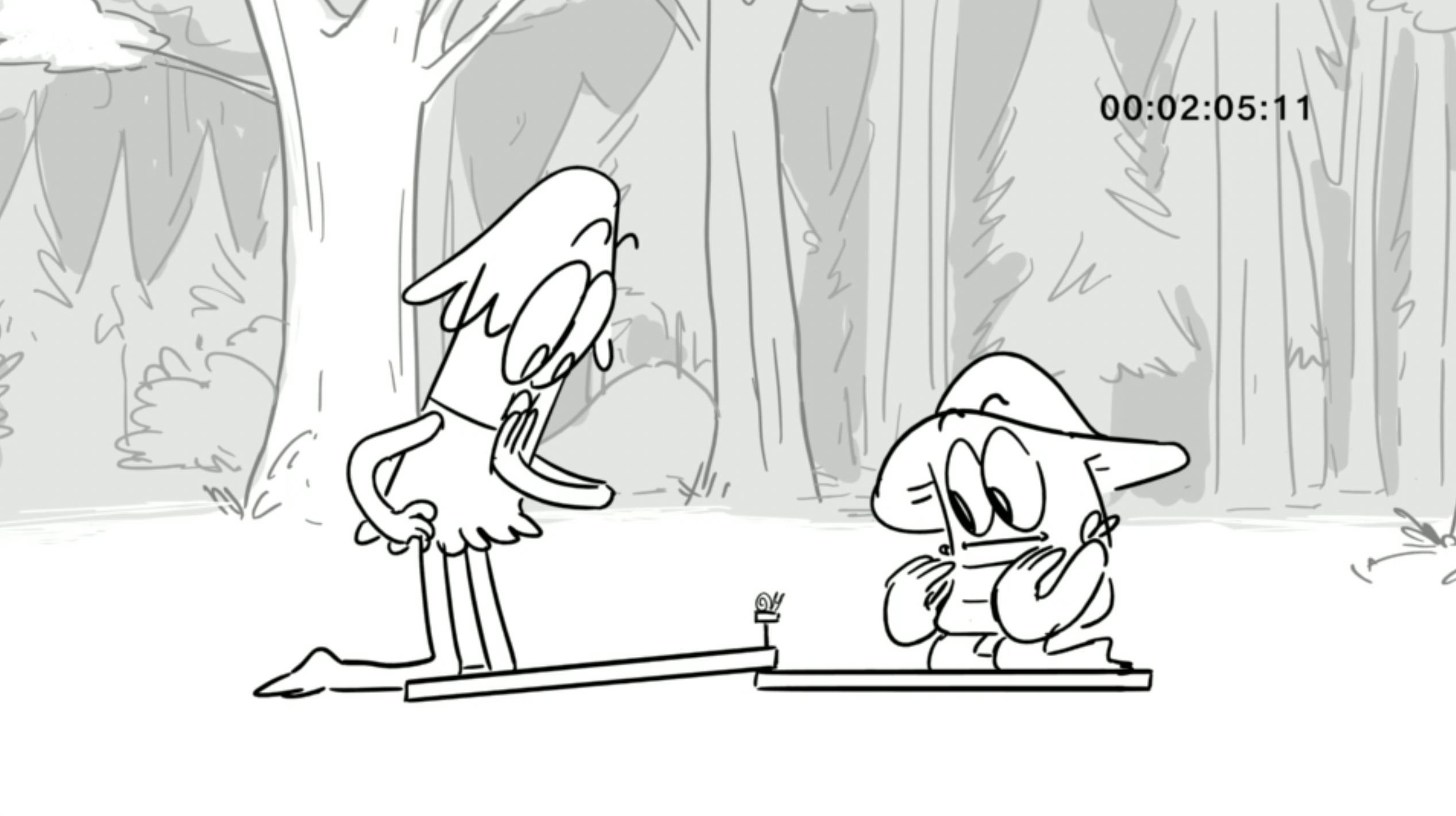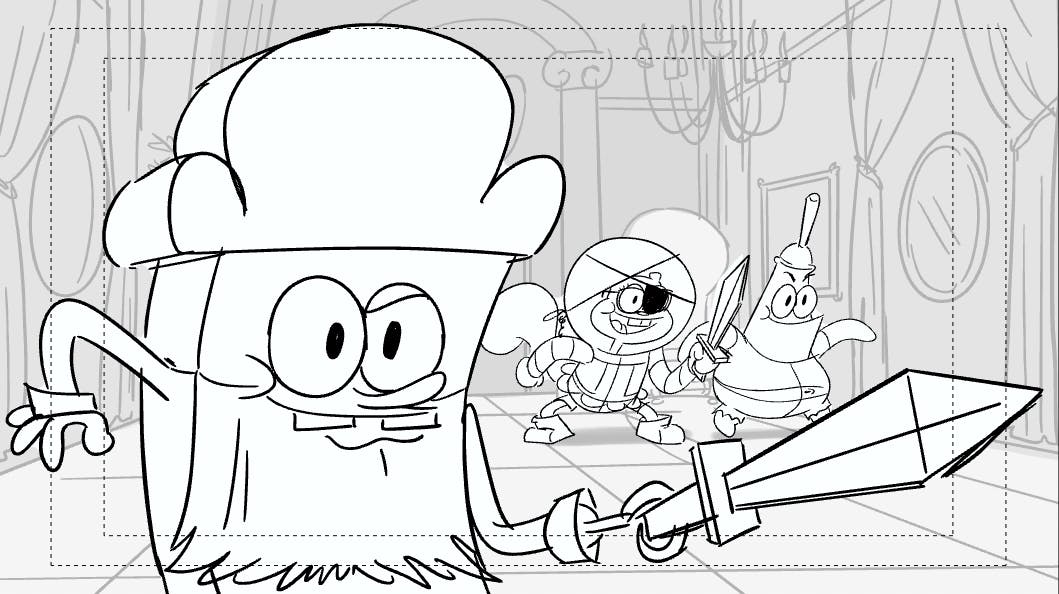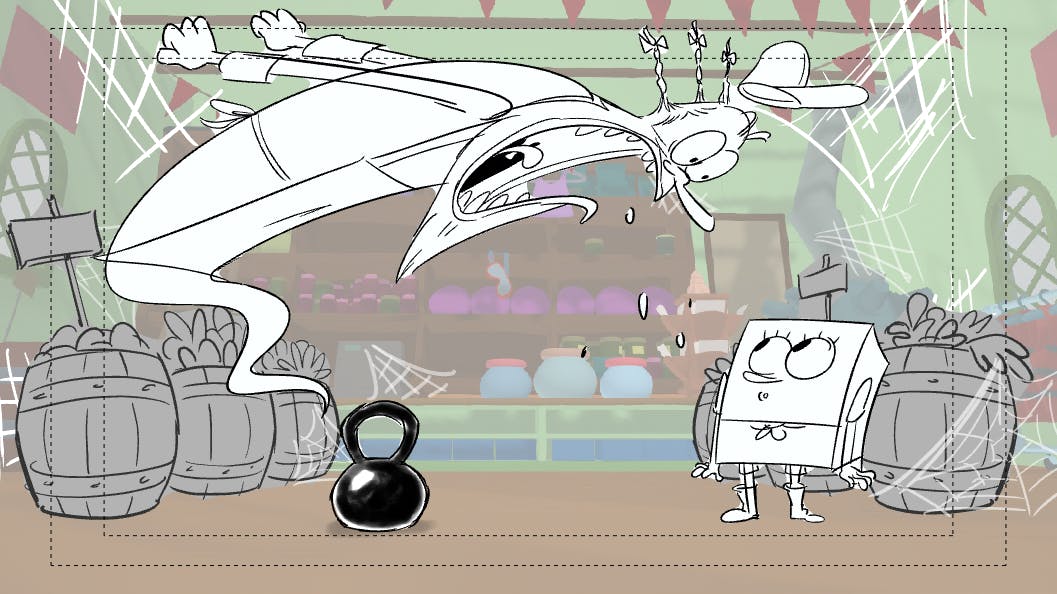Radio Script Writing
From news reports to feature-length audio dramas, radio script writing is a powerful medium that enables authors to unlock their creativity and bring their stories to life. As one of the oldest forms of entertainment, radio remains a popular medium for delivering quality writing and engaging content. Whether writing for a dramatic or radio talk-show script, exploring the key principles and techniques of radio script writing can help any novice script writer create compelling, interesting stories.
When crafting a radio script, it is important to have a comprehensive understanding of the fundamentals of script writing. This includes familiarizing yourself with radio production elements, writing style considerations, sound design elements and broadcast standards and regulations. Script writers should be aware of the various techniques and approaches that can be used to create engaging stories and stimulating characters. The script must also consider different methods of delivering dialogue and narration to enhance the story.
In many ways, radio script writing is a form of creative writing and as with any form of writing, it requires a certain measure of inspiration and skill. When it comes to unleashing creativity, the art of radio script writing allows writers to explore and express their innovative ideas using engaging dialogue and entertaining sound effects. With a combination of imagination and practice, authors can create strong characters and take their audience on an unforgettable journey through sound.
When writing a radio script, it is essential for writers to ensure that their stories are captivating and exciting. One way to achieve this is to focus on creating strong scenes and powerful dialogue. Writers should make use of varied sound effects, voices and music to emphasize particular scenes or moments. Aspiring scriptwriters should also remember to structure their stories in a logical way and include relevant information in the narrative to provide context and understanding.
Here’s a practical guide to help you start writing your own radio scripts, focusing on brainstorming ideas, planning the structure, choosing sound effects, and crafting dialogue.
How to Start Writing Your Own Radio Scripts
Brainstorming Ideas
- Start with the core message or theme: Decide what your script aims to convey—inform, entertain, persuade, or educate.
- Identify your target audience: Understanding your audience helps shape the tone and style of your script.
- Think of vivid audio scenarios: Visualize scenes that can be effectively portrayed through sound alone. For instance, a bustling city street or a quiet forest can instantly immerse listeners.
- Use personal experiences or current events: Draw inspiration from real life to create relatable and timely content.
- Create a mood board or list: Jot down elements such as key emotions, events, or themes you’d like to include.

Artwork by Andrea Cabral
Planning the Script Structure
Outline the beginning, middle, and end:
- Beginning: Introduce the setting, characters, and conflict quickly to grab attention.
- Middle: Develop the plot or message with engaging scenes and dialogue.
- End: Conclude with a resolution or strong takeaway.
Write a timing plan: Keep track of how long each section takes, as radio scripts are often bound by strict time limits.
- Break down scenes: Define where each new scene starts and ends, noting transitions between them.
- Plan for recurring elements: Include station jingles, segment intros, or sponsored messages at appropriate intervals.
Choosing Sound Effects and Music
- Match sounds to emotions: Use effects like thunder for tension, birds chirping for serenity, or bustling crowds for chaos.
- Build a sound library: Gather or create a collection of high-quality sound effects and royalty-free music that fits your script's needs.
- Use music sparingly: Background music should enhance, not overshadow, the dialogue or main audio content.
- Plan audio transitions: Use fades, crossfades, or abrupt stops to signal changes in scenes or tone.
- Test the mix: Listen to the sound effects and music with the dialogue to ensure they complement rather than compete.
Writing Dialogue
- Make it natural but purposeful: Dialogue should sound realistic but always drive the story forward or reveal character.
- Use descriptive dialogue sparingly: Avoid overly descriptive lines. Instead, let the sound effects and music convey much of the context.
- Give each character a distinct voice: Differentiate characters through vocabulary, tone, and speech patterns.
- Practice brevity: In radio, every second counts. Cut out unnecessary words or filler lines.
- Include verbal cues: Since listeners can’t see what’s happening, include subtle cues like "It's so cold out here" to set the scene.
Refining the Script
- Read it aloud: Radio scripts are meant to be spoken. Read the script out loud to ensure it flows naturally.
- Seek feedback: Have others listen to a draft performance and provide feedback on clarity and engagement.
- Polish and adjust: Edit the script to improve pacing, dialogue, and transitions based on feedback.
- Test the timing: Perform a full run-through with sound effects and dialogue to make sure the script fits within the allotted time.
Practical Example Framework
Here’s a simple framework to get you started:
Opening Scene:
- Sound Effect: "Clock ticking faintly."
- Dialogue: (Whispered) "It’s almost time… he should be here by now."
- Background Music: Soft, suspenseful strings.
Conflict Introduction:
- Sound Effect: "Door creaking open."
- Dialogue: (Firm voice) "I see you got my message."
Resolution:
- Sound Effect: "Rain pattering gently."
- Dialogue: (Relieved tone) "It’s finally over."
- Background Music: Uplifting piano.
By following these steps, you’ll create a compelling, well-structured radio script that captures the imagination of your listeners.
What are the key principles and techniques of radio script writing? Radio script writing is an art form and it follows a set of principles and techniques that guide writers in creating compelling stories. These principles include understanding the basics of writing for broadcast media, exploring the creative possibilities of sound and formatting the script according to standard radio conventions. Writers must also focus on creating effective dialogue, engaging narrative, dynamic characters and interesting sound effects. Additionally, they should consider the broadcasting standards and regulations, as well as how the script will be produced and broadcast.

Artwork generated with prompt workflow by Andrea Cabral
Helpful Tips for Ratio Scriptwriting
To help aspiring writers get started with radio script writing, here are some practical tips:
- Brainstorm Ideas: Begin by thinking about the story you want to tell. Consider your target audience and the type of message or emotion you want to convey.
- Plan the Structure: Outline the beginning, middle, and end of the script. This helps keep the story coherent and engaging.
- Select Sound Effects and Music: Identify sound effects and background music that align with the tone and enhance the atmosphere of specific scenes.
- Write Dynamic Dialogue: Craft dialogue that sounds natural, advancing the story and revealing character details without visual cues.
- Revise and Practice: After writing, read the script aloud to ensure it flows well and captures attention through voice and sound alone.
By focusing on these steps, writers can create a well-rounded and captivating radio script.
How can I make a radio script compelling and interesting?
To make a radio script compelling and interesting, authors should focus on creating scenes and using dialogue that drives the story forward. Writers should explore the creative possibilities that sound offers and incorporate sound effects that enhance the narrative. Music can also be used to set the tone and emphasize certain moments in the script. Additionally, story structure and organization should be given careful consideration, and authors should ensure that dialogue is performed to evoke emotion and provide context.
How can I improve my radio script-writing skills?
Aspiring scriptwriters should familiarize themselves with the fundamentals of radio script writing, including the basics of writing for broadcast media, the creative possibilities of sound and formatting the script according to standard radio conventions. Writers must also focus on creating engaging narrative and dynamic characters, while also considering sound effects and incorporating music when appropriate. Authors should also pay attention to the broadcasting standards and regulations to ensure the script is compliant.
One of the most important aspects of radio script writing is identifying and creating interesting ideas and stories. For many writers, it is helpful to think of possible settings and plotlines that evoke emotion and interest. Inspiration can be drawn from films, books and personal experiences. Additionally, it is vital for authors to be able to recognize their own strengths and weaknesses to determine the type of stories they should write. Conducting research and talking to industry professionals can also help in the development of strong stories.
Unleashing Creativity
The Art of Radio Script Writing does a nice job of introducing potential script writers to the elements of writing for radio. By diving deep into key principles and techniques such as creative writing, audience engagement strategies and sound design elements, this guide helps writers hone their skills and create captivating stories. With sound advice on how to identify and create interesting story ideas, as well as tips for improving writing skills, thisguide enables authors to unleash their creative potential and craft compelling stories through radio scriptwriting.
In conclusion, radio script writing is an art form that demands creativity and skill. It requires writers to understand the basics of writing for broadcast media, explore the creative possibilities of sound and format the script according to standard radio conventions. Writers must focus on creating strong characters and captivating storylines that stimulate the listener’s imagination. With the right amount of inspiration and practice, authors can create powerful stories and bring them to life through radio scriptwriting.


